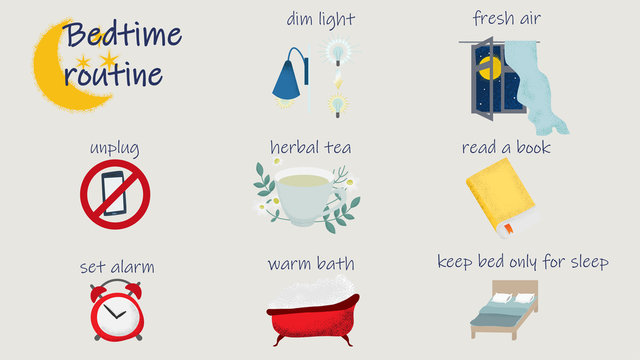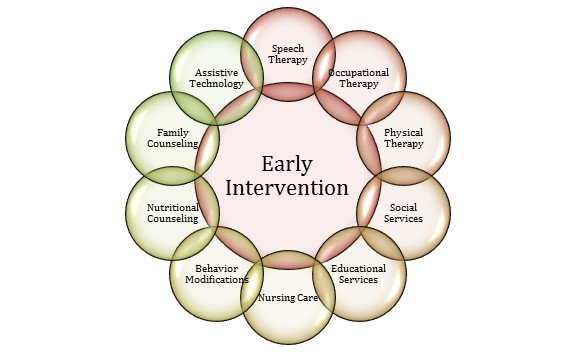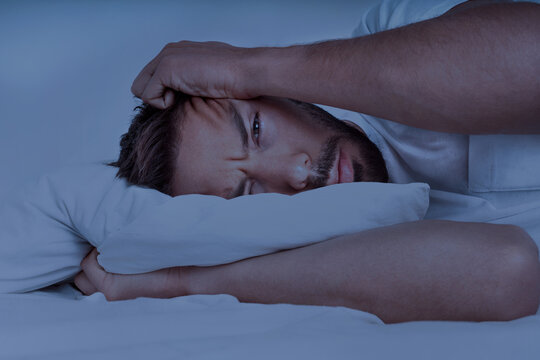Understanding Grief’s Impact on Rest
Grief disrupts normal sleep patterns in many different ways. Racing thoughts keep people awake at night for hours. The body struggles to find peace when emotions run high. Sleep becomes elusive when the mind cannot quiet itself properly.
Emotional pain often manifests as physical restlessness during bedtime hours. People toss and turn while replaying memories of their loved ones. The bedroom feels different and empty without a familiar presence nearby. Mental health and sleep become deeply connected during times of loss and mourning.
The Science Behind Grief-Related Sleep Problems
Stress hormones flood the body during periods of intense grief. Cortisol levels stay high and disrupt natural sleep-wake cycles. The brain processes trauma differently during nighttime hours than during daytime. Memory consolidation becomes harder when sleep patterns are broken. These biological changes affect both physical and emotional healing processes.
Insomnia after loss stems from complex neurological and hormonal changes. The limbic system stays hyperactive while processing emotional trauma. Melatonin production decreases when stress levels remain consistently elevated. REM sleep gets interrupted more frequently during grief periods.
Physical Symptoms of Grief-Induced Insomnia
Sleep deprivation creates additional health problems beyond emotional distress. Headaches become more frequent and intense during grief periods. Muscle tension increases when the body cannot rest properly. Digestive issues often accompany poor sleep quality and duration. These physical symptoms compound the emotional burden of loss.

Energy levels drop significantly when quality sleep remains elusive nightly. Concentration problems make daily tasks feel overwhelming and impossible. The immune system weakens without adequate rest and recovery time. Blood pressure may rise due to chronic stress and sleep loss.
Emotional Challenges During Nighttime Hours
Darkness often intensifies feelings of loneliness and sadness significantly. Quiet moments allow grief to surface without daily distractions. Bedtime routines feel incomplete without loved ones who are gone. The absence becomes more noticeable in familiar sleeping spaces. These emotional triggers make falling asleep extremely difficult nightly.
Anxiety peaks when people face another sleepless night alone. Fear of nightmares keeps some individuals awake intentionally for hours. Guilt about sleeping while grieving creates internal conflict and confusion. Depression deepens when exhaustion combines with emotional pain daily. Professional help becomes necessary when these feelings become overwhelming consistently.
Creating Healthy Sleep Environments
Bedroom modifications can help promote better rest during grief recovery. Soft lighting creates a calming atmosphere before bedtime arrives. Cool temperatures help the body prepare for natural sleep cycles. Comfortable bedding provides physical comfort during emotional distress. These environmental changes support healing on multiple levels simultaneously.
Personal mementos can provide comfort while maintaining healthy sleep boundaries. Photos or special items offer a connection without overwhelming the space. White noise machines mask disturbing sounds that interrupt sleep. Small changes create significant improvements in sleep quality over time.
Developing Consistent Bedtime Routines
Regular schedules help retrain the body for healthy sleep patterns. Going to bed at the same time creates predictable rhythms. Reading, gentle stretching, or meditation prepares the mind for rest. Avoiding screens before bedtime reduces stimulation and blue light exposure. These routines signal the brain that sleep time approaches naturally.
Insomnia after loss improves when people follow structured evening activities. Warm baths relax tense muscles and calm worried minds. Journaling helps process emotions before attempting to sleep peacefully. Herbal teas provide natural relaxation without medication side effects. Consistency becomes key to reestablishing healthy sleep habits long-term.

Nutrition and Its Role in Sleep Recovery
Diet directly affects sleep quality during grief and recovery periods. Caffeine should be limited, especially during afternoon and evening hours. Heavy meals close to bedtime can disrupt natural sleep cycles. Alcohol might seem helpful, but it worsens sleep quality overall. Proper nutrition supports both emotional healing and physical rest needs.
Magnesium-rich foods promote muscle relaxation and better sleep naturally. Complex carbohydrates help produce sleep-inducing neurotransmitters like serotonin effectively. Protein provides amino acids needed for neurotransmitter production and balance. Hydration throughout the day prevents nighttime wake-ups for bathroom visits.
Exercise and Movement for Better Rest
Physical activity helps reduce stress hormones that interfere with sleep. Gentle exercise releases endorphins that improve mood and relaxation. Walking outdoors provides fresh air and natural light exposure. Yoga combines movement with breathing techniques for better sleep preparation.
Mental health benefits from consistent daily movement routines. Morning exercise helps regulate circadian rhythms for better nighttime sleep. Stretching before bed releases physical tension accumulated during stressful days. Movement helps process grief while supporting physical health simultaneously.
Professional Support and Treatment Options
Therapists specializing in grief counseling understand sleep-related challenges during mourning. Cognitive behavioral therapy helps change negative thought patterns affecting sleep. Support groups connect people experiencing similar loss and sleep struggles. Professional guidance provides coping strategies tailored to individual needs.
Medical professionals can evaluate whether medication might help temporarily. Sleep studies identify underlying conditions that complicate grief-related insomnia. Psychiatrists understand how antidepressants affect both mood and sleep. Primary care doctors monitor overall health during difficult grief periods. Professional help becomes essential when self-help strategies prove insufficient alone.
Natural Remedies and Alternative Approaches
Herbal supplements like chamomile tea promote natural relaxation before bedtime. Melatonin supplements help reset disrupted sleep-wake cycles gradually over time. Valerian root provides gentle sedative effects without prescription medication risks. Natural approaches work well alongside other treatment methods safely.
Meditation and mindfulness practices calm racing thoughts that prevent sleep. Progressive muscle relaxation techniques release physical tension throughout the body. Breathing exercises activate the parasympathetic nervous system for better rest. Aromatherapy with lavender or bergamot creates calming bedtime environments.
Building Support Networks
Family members and friends provide emotional comfort during sleepless nights. Sharing feelings about loss helps process grief more effectively. Phone calls or texts offer a connection when loneliness feels overwhelming. Trusted people can check in regularly during difficult periods. Social support reduces isolation, which often worsens both grief and sleep problems.
Online communities connect people experiencing similar losses and challenges worldwide. Grief support groups meet regularly to share experiences and coping strategies. Religious or spiritual communities offer comfort and understanding during difficult times. Professional counselors facilitate healthy group discussions about loss and healing. Strong support networks provide the foundation for recovery and better sleep.
Long-Term Recovery and Healing
Insomnia after loss gradually improves with consistent effort and proper support. Healing happens slowly and requires patience with the natural process. Sleep patterns typically normalize as grief processing becomes more manageable. Some people discover a new appreciation for rest and self-care. Recovery looks different for everyone, but hope remains constant throughout.
Mental health and sleep continue requiring attention even after acute grief passes. Anniversary dates or triggers may temporarily disrupt sleep patterns again. Maintaining healthy habits helps prevent regression during difficult moments. Professional relationships provide ongoing support when needed most. Healing becomes possible when people commit to comprehensive care approaches.
Prevention and Early Intervention
Recognizing early signs of sleep disruption helps prevent more serious problems. Seeking help immediately after loss provides better outcomes long-term consistently. Family members can watch for concerning changes in sleep patterns. Healthcare providers should screen for sleep issues during grief counseling. Early intervention prevents complications that develop from chronic sleep deprivation.
Education about normal grief responses helps people understand their experiences. Knowing when to seek professional help empowers individuals during vulnerable times. Support systems work better when everyone understands grief’s impact on sleep. Community resources provide accessible help for those struggling with loss. Prevention strategies protect both immediate and long-term wellbeing effectively.

Moving Forward with Hope
Recovery from grief-related sleep problems takes time but remains entirely possible. Small improvements build momentum toward better overall health well-being. Each good night’s sleep provides energy for continued healing and growth. Hope grows stronger as people regain control over their rest. Life can feel meaningful and peaceful again with proper support.
Mental health and sleep recovery honor loved ones by promoting person well-being. Taking care of oneself becomes a tribute to those who are gone. Better sleep enables people to carry forward positive memories and legacies. Healing allows individuals to help others facing similar challenges someday. If you want to know more about Health, follow Dpworldews.





